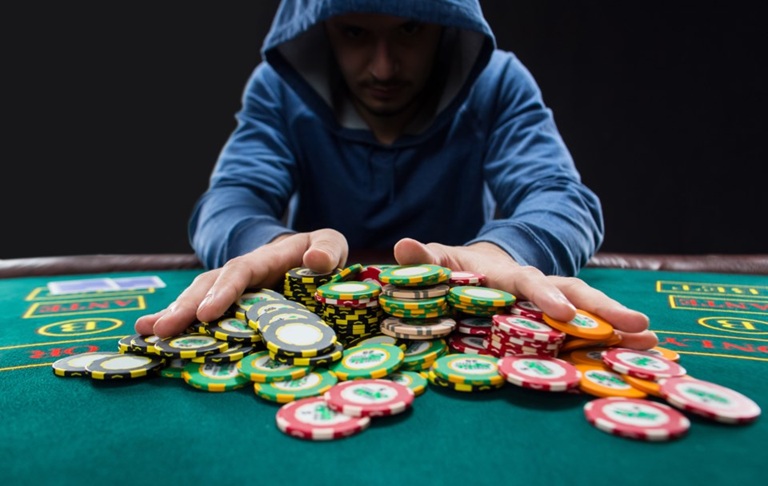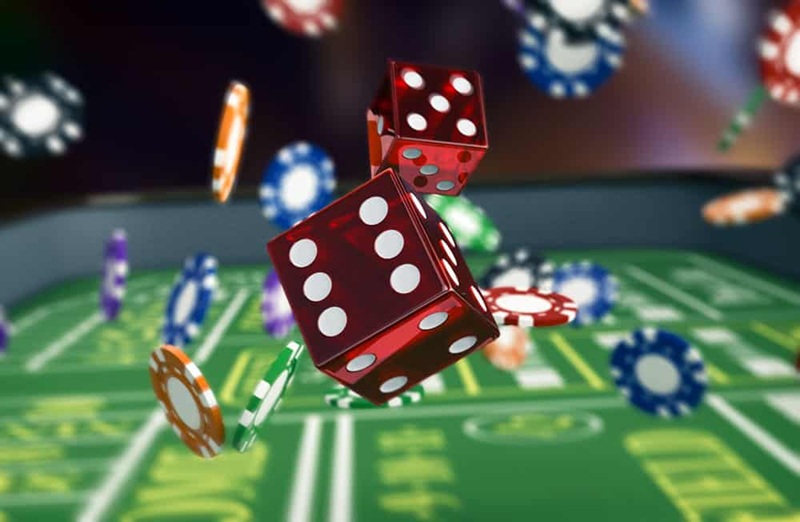The age-old debate of skill versus luck in gambling has intrigued players for centuries. Can strategic thinking tip the scales in your favor when betting, or is gambling an unpredictable game of chance where luck reigns supreme? The truth lies somewhere in between, depending on the type of game. For players hoping to rise above the odds, it’s important to understand where skill makes a difference and where luck holds the upper hand.
The Games Where Skill Matters
Certain gambling activities, such as poker, blackjack, and sports betting, allow for substantial player influence through skill, strategy, and knowledge. These games reward preparation, decision-making, and understanding of the odds while still incorporating elements of chance.
Poker
Poker is widely regarded as a skill-based game, where understanding hand probabilities, reading opponents’ behavior, and managing risk can significantly affect the outcome. Skilled players use tactics such as bluffing and calculating pot odds to gain a competitive edge over less experienced counterparts. This is why top poker players often dominate tournaments and consistently outperform recreational players.
Blackjack
Unlike poker, blackjack pits players against the house rather than other individuals. Despite the house having a statistical edge, skilled players can reduce this advantage by employing card counting, basic strategy, and understanding when to hit, stand, or double down. While these strategies can shift the odds slightly in a player’s favor, casinos have introduced countermeasures like shuffling machines to limit the impact of techniques like card counting.
Sports Betting
Sports betting offers another avenue where skill can shine. Successful bettors analyze stats, trends, player performance, and external factors like weather or injuries before placing bets. Seasoned sports enthusiasts can use this knowledge to make more informed wagers. However, even the most skilled analyst can’t account for sudden, unpredictable events during a game, reminding us that luck always plays a role.
The Games of Pure Chance
Conversely, there are gambling activities where skill has virtually no impact on the outcome. Games like slots, roulette, craps, and lottery draws operate solely on randomness, with odds controlled by the house or systems like random number generators (RNG). These games are designed for entertainment, and outcomes cannot be influenced by player decisions or strategies.
The Limitations of Skill in Gambling

Even in games where skill plays a role, it’s essential to remember that gambling always carries an element of luck. While skill can improve your chances of making calculated decisions, no strategy guarantees consistent wins. Variance, unpredictable occurrences, or even a streak of bad luck can still lead to losses. In addition, casinos maintain their edge through rules, payouts, and house advantages, ensuring they remain profitable in the long run.
Why Responsible Play Matters?
The coexistence of skill and luck makes gambling a complex activity that can be both thrilling and risky. To ensure a positive experience, it’s crucial to practice responsible gambling. Recognize that no amount of skill can eliminate the inherent risks, and set limits to protect yourself from potential losses.
Here are a few responsible gambling tips:
- Budget Wisely: Stick to an amount you can comfortably lose.
- Understand the Game: Learn the rules and odds of the game you’re playing.
- Separate Fun from Finances: Treat gambling as entertainment, not as a source of income.
- Know When to Walk Away: Whether you’re on a winning streak or a losing one, always set clear stopping points.
Conclusion
While certain gambling games allow for skill to shine, the role of luck can never be entirely excluded. Games like poker and blackjack reward knowledge and strategy, but they also remind us of the limitations of skill in an unpredictable world. Whether you’re relying on strategy or pure chance, the true secret to success lies in responsible play. Gambling should remain a fun, recreational activity and not a guarantee for financial gain.

